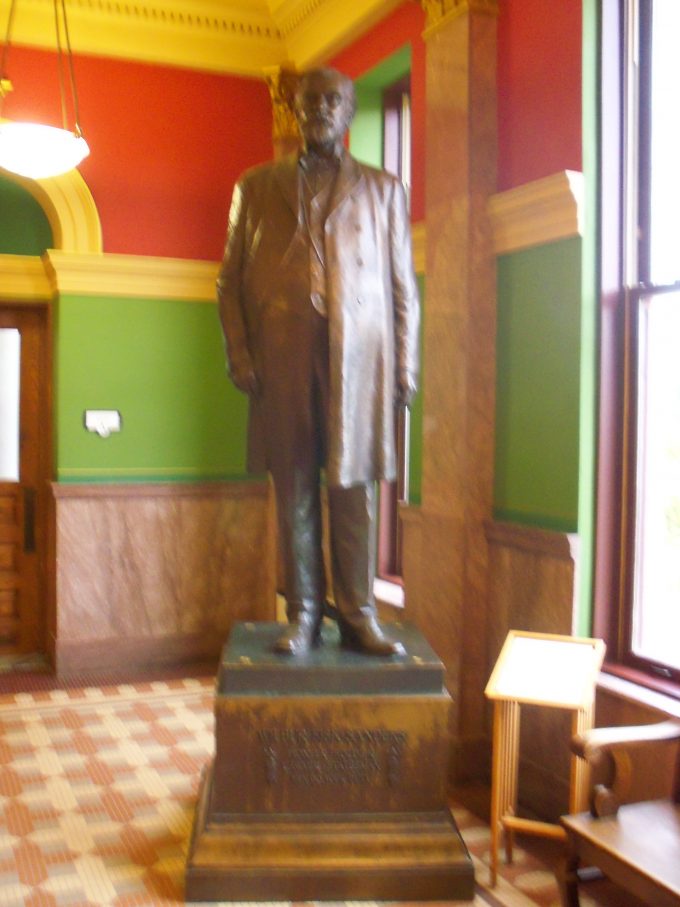
Friday, 23 March 2018
Consider what I say, and may the Lord give you understanding in all things. 2 Timothy 2:7
Paul now gives an exhortation as to the words he has just passed on to Timothy. The words, “Consider what I say,” are present and active. It gives the sense of “Consider what I am saying.” For this reason, some scholars tie his words not to what he has just said (concerning the comparisons concerning the soldier, the athlete, and the farmer), but to what he is about to say concerning the great and theologically weighty words about Jesus Christ in the verse to come. Either way, Paul is asking Timothy to reflect heavily upon his words. It is something that Timothy would certainly do concerning what has been said, and also what will be said.
From there, he says, “and may the Lord give you understanding in all things.” A slight variation in the word “will give” in some manuscripts causes the sentence to read, “for the Lord will give you understanding in all things.” Whether Paul is making a petition, or whether he is stating this as a certainty, it actually doesn’t change the intent of the words as much as some might argue. The reason is that Paul began the sentence with “Consider what I say.” Timothy must first make an active attempt to think on Paul’s words before a result will come. In doing so, Paul is praying for his protege to gain an understanding (something one would anticipate the Lord granting), or he confidently states that the Lord will provide needed understanding.
Either way, Timothy is to reflect on the instruction of the apostle, setting the example for others in the ministry to act likewise. One who is ordained to the ministry is expected to actively pursue the things of the ministry, first and foremost that of knowing the set directions for ministering. It is the words of Scripture which provide that knowledge, and so the man of God is to read, contemplate, and apply Scripture to his life. It is to be an active and ongoing part of his life at all times.
Even if “for the Lord will give you…” is the true reading, the words of Paul here cannot be carried around and misquoted as a talisman that someone will automatically have understanding in all things as if the Spirit simply illuminates the believer to be perfect in knowledge and doctrine. Unfortunately, this is the attitude that many have, and it always leads to poor doctrine. Rather, the words, “Consider what I say,” are key. Be wise, contemplate the word always, and keep all things in proper context.
Life application: There is no easy path to sound theology. It takes a tremendous amount of reading the word. From there, that knowledge of Scripture can be taken into consideration when being trained in theology. As there are many views on major doctrines, not all can be correct. In first knowing Scripture, one can more readily weed out that which is incorrect. Read the word, read the word, and read the word some more. After having this sound foundation, then study the doctrines of theology. This is a wise and sound course of obtaining proper theological knowledge.
Lord God, how good it is to have Your word available to us in so many ways. We have a large variety of versions to give us better understanding into original intent. We have hard copies, digital copies, and audio Bibles – all ready for our use. We have concordances and commentaries galore. But there is one thing we often lack – commitment. We have time for novels, time for TV, and time for internet activities. But Lord, we don’t make time for the study of the most important thing we can pursue… You. Help us to correct this gigantic flaw in our lives. May we pursue You first, not last or never. Amen.




